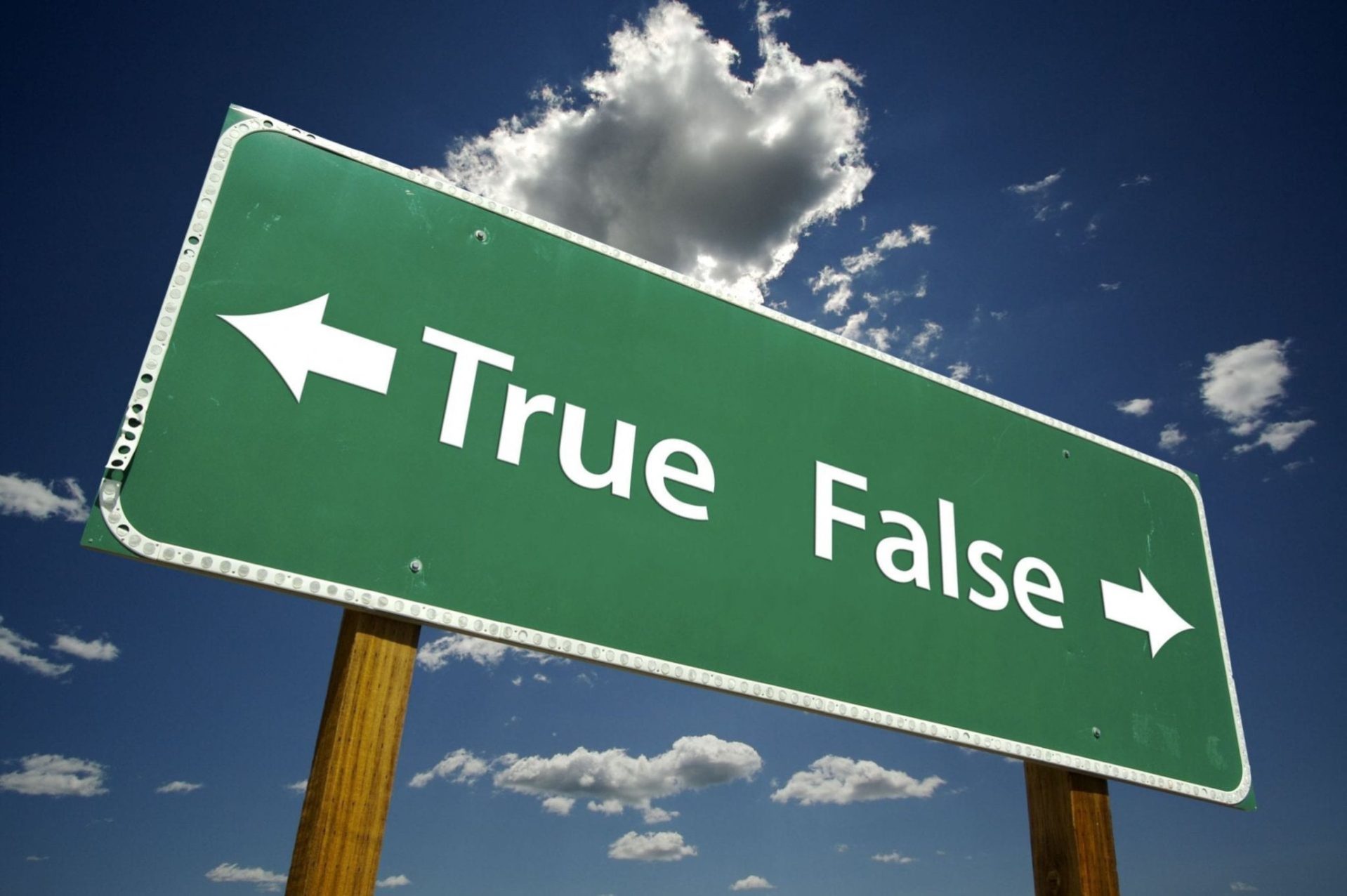Will New Illinois Sexual Assault Reporting Law Increase False Charges?
Few crimes are as stigmatized as sex crimes – and for good reason. Sex crimes are grievous offenses that have long-lasting psychological impacts on victims. Moreover, the victims of sex crimes are often reluctant to report the offense, meaning that as few as one in five rapes are reported.
A new Illinois law seeks to increase reporting of sexual assault by requiring law enforcement officers to take a report regardless of when the alleged crime occurred or what jurisdiction it supposedly happened in.
Although well-intentioned, this law may lead to an increase in false charges for sexual assault and other related sex crimes. This is a huge deal, because false allegations can be devastating to the defendant.
For example, a former Illinois State University student recently filed a lawsuit against the University regarding false allegations of sexual assault. The suit seeks damages of over $1 million for the social, economic, and reputational harm resulting from the charges.
Time will tell if the new law encourages false allegations or not. In the meantime, it’s important to know what you’d be up against if charged, and how to fight back to protect your rights, your future, and your good name.
What the Law Outlines
Beyond requiring officers to file a report for every allegation of sexual assault, the new law also includes mandatory training for them with the purpose of improving sensitivity towards victims.
Additionally, the law provides victims with more time to inform police that they would like their rape kit tested. Victims were previously required to notify police within 14 days of the evidence being collected. Under the new law, they now have five years from the date of evidence collection. Minor victims will have five years from the day they turn 18.
Will This This Lead to More False Charges?
As mentioned above, although the intentions of the new law are good, there is some risk that it will lead to increased reporting of false sexual assault allegations.
Sexual assault is often rife with gray areas. For example, we as a society are currently reevaluating the definition of consent. As the definition of consent changes, so does the definition of sexual assault, which is – by definition – non-consensual sexual contact.
It’s therefore possible that the defendant could reasonably believe that the victim was consenting, but that the victim could feel differently. The reality of what occurred is then a gray area.

It’s likely that requiring police to take reports of every allegation will cause more attention to be paid to these “gray area” allegations. Due to the devastating consequences that can result even from mere allegations of sexual assault, the possibility of an increase in false charges is something that needs to be taken very seriously.
Current Illinois Law Regarding Sexual Assault Charges and Sentencing
llinois sexual assault is defined as the commission of an act of sexual penetration in which the defendant:
- Uses force or the reasonable threat of force
- Should reasonably know the victim is unable to give consent
- Is the family member of a victim under 18
- Is 17 years of age or older, holds a position of authority or trust with the victim, and the victim is between 13 and 18 years of age.
For first-time offenders, sexual assault is charged as a Class 1 Felony punishable by 4-15 years in prison. If aggravating factors (weapon, death threats, disabled victim, etc.) are present or the defendant has prior sex crime convictions, sexual assault is charged as a Class X felony punishable by six years to life in prison.
If You Are Facing Sexual Assault Charges
Sexual assault is a serious crime. If convicted, you will face not only substantial criminal penalties, but also the lifelong consequences of being a convicted sex offender.
 To beat serious charges such as these, you need a skilled Chicago criminal attorney. He or she will be able to leverage their knowledge and experience to put together the strongest possible defense for you. In some situations, they may be able to get your charges thrown out altogether. If not, they will work to have them reduced. To give yourself the best chance at a positive outcome, reach out to our office as early in the process as possible.
To beat serious charges such as these, you need a skilled Chicago criminal attorney. He or she will be able to leverage their knowledge and experience to put together the strongest possible defense for you. In some situations, they may be able to get your charges thrown out altogether. If not, they will work to have them reduced. To give yourself the best chance at a positive outcome, reach out to our office as early in the process as possible.
About the Author:
Andrew M. Weisberg is a former felony prosecutor who now serves as a defense attorney in the greater Chicago area. He has extensive experience in handling all types of criminal cases, from sex offenses and domestic violence to retail theft-related crimes, murder, and drug crimes.







 Blog Home
Blog Home 










